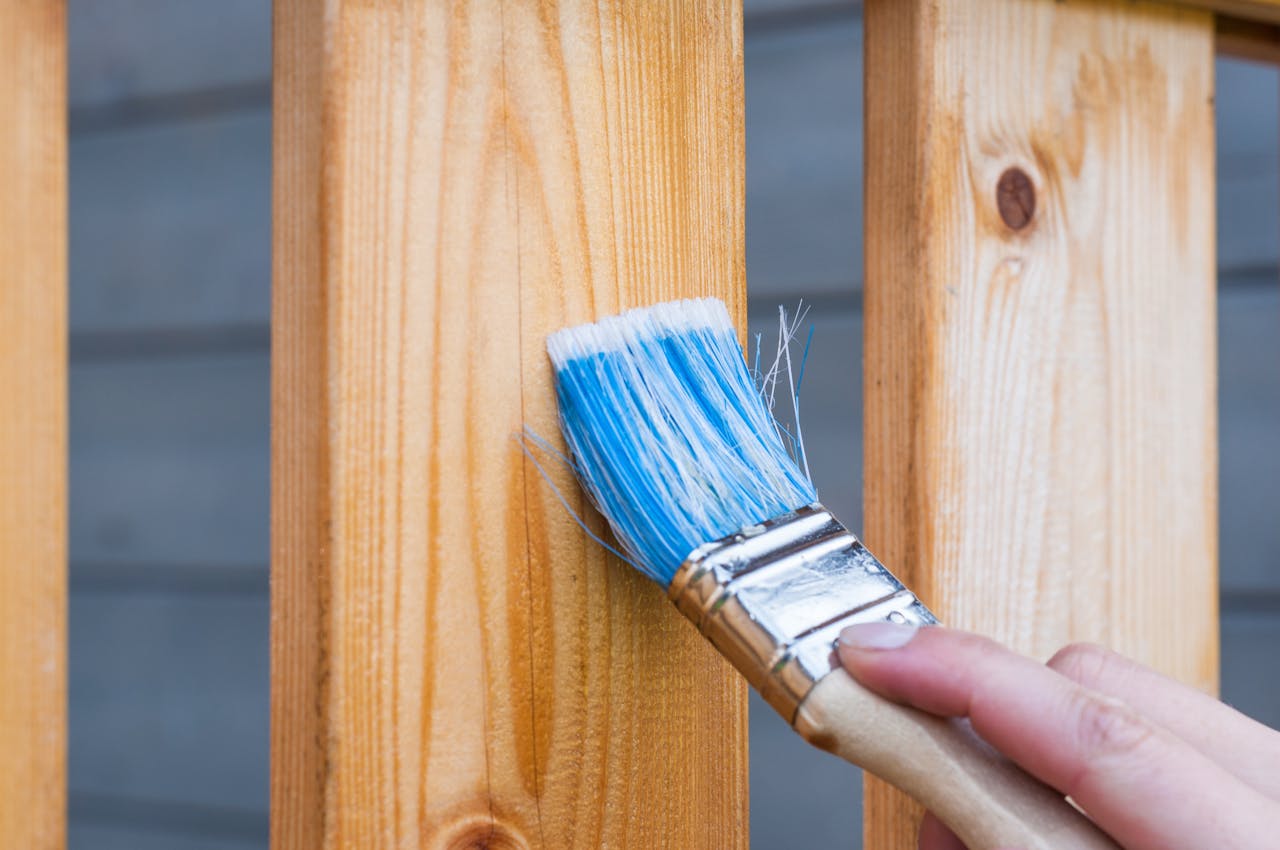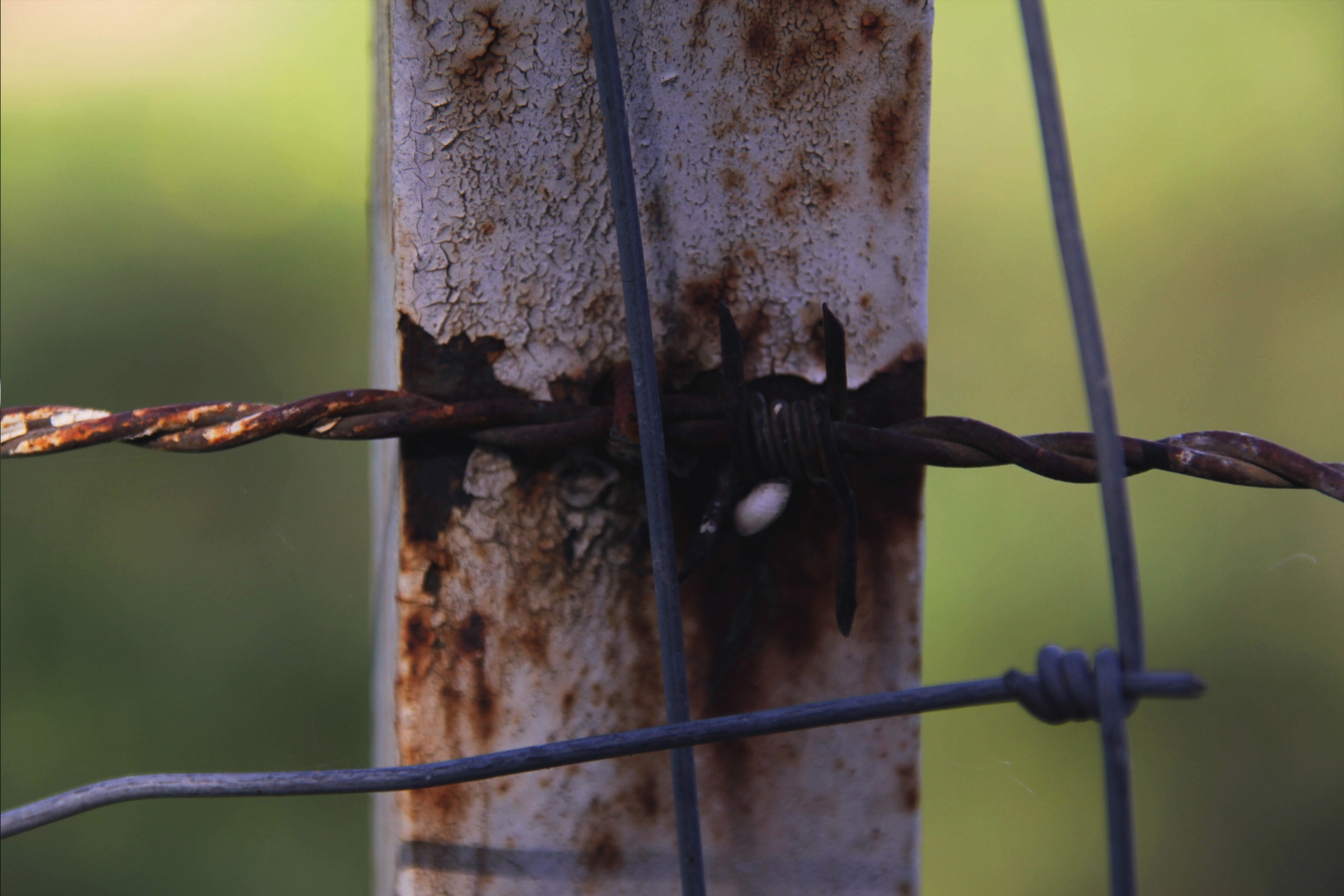Installing a fence around your property can be a rewarding and cost-effective project. It not only adds privacy and security but also enhances the aesthetic appeal of your home. One common question that arises is whether it is possible to install a fence on your own without hiring professional help. In this blog, we will explore the considerations, challenges, and benefits of DIY fence installation.
Assessing Your Skills and Abilities
Before embarking on a DIY fence installation, it’s important to assess your skills and abilities. While installing a fence may seem straightforward, it requires physical labor, basic construction knowledge, and the use of specialized tools. If you have experience with similar projects or are confident in your ability to learn and follow instructions, DIY fence installation may be a viable option for you.
Researching Local Regulations and Building Codes
Before starting any fence installation project, it is crucial to research and understand the local regulations and building codes that govern fence construction in your area. Different municipalities may have specific requirements regarding fence height, setback distances, material restrictions, and permitting processes. Compliance with these regulations is important to avoid potential fines and legal issues.
Design and Material Selection
Consider the design and materials for your fence. Research different fence styles, materials, and their suitability for your specific needs. Factors such as privacy, maintenance, durability, and budget should all be taken into account. Determine the amount of fencing material you will need, and make sure to purchase high-quality materials that are suitable for your climate and soil conditions.
Tools and Equipment
DIY fence installation requires the use of various tools and equipment. These may include post hole diggers, shovels, levels, measuring tools, saws, drills, and more. Ensure that you have access to the necessary tools and that you are familiar with their proper use and safety precautions.
Site Preparation and Marking
Preparing the site is a crucial step in fence installation. Measure and mark the desired fence line using stakes and string, ensuring that it follows your property boundaries and complies with setback requirements. Take into consideration any slope or uneven terrain that may require adjustments during the installation process.
Post Installation and Assembly
Installing fence posts is a critical phase that requires precision and proper techniques. Digging post holes to the appropriate depth and width, using concrete or gravel for stability, and ensuring the posts are level and aligned are essential steps for a sturdy and durable fence. Once the posts are in place, attach the fence panels or boards according to your chosen design, using appropriate fasteners and techniques.
Safety and Time Considerations
DIY fence installation can be physically demanding and time-consuming. Ensure that you have the necessary stamina and time available to complete the project. Take breaks, stay hydrated, and follow proper safety precautions, including wearing protective gear and using tools correctly.
Benefits of DIY Fence Installation
Cost Savings DIY installation can save you money on labor costs associated with hiring professionals. Sense of Accomplishment Completing a DIY project can provide a sense of pride and accomplishment. Customization DIY allows you to have full control over the design and materials used, ensuring that the fence meets your specific preferences and needs.
Installing a fence around your property on your own is a feasible option if you possess the necessary skills, research local regulations, gather the required tools, and carefully plan the project. DIY fence installation offers cost savings, a sense of accomplishment, and customization opportunities. However, it is essential to assess your abilities, follow safety precautions, and be aware of the time and effort required. If you have any doubts or lack the necessary skills, it may be advisable to consult professionals to ensure a successful and long-lasting fence installation.







